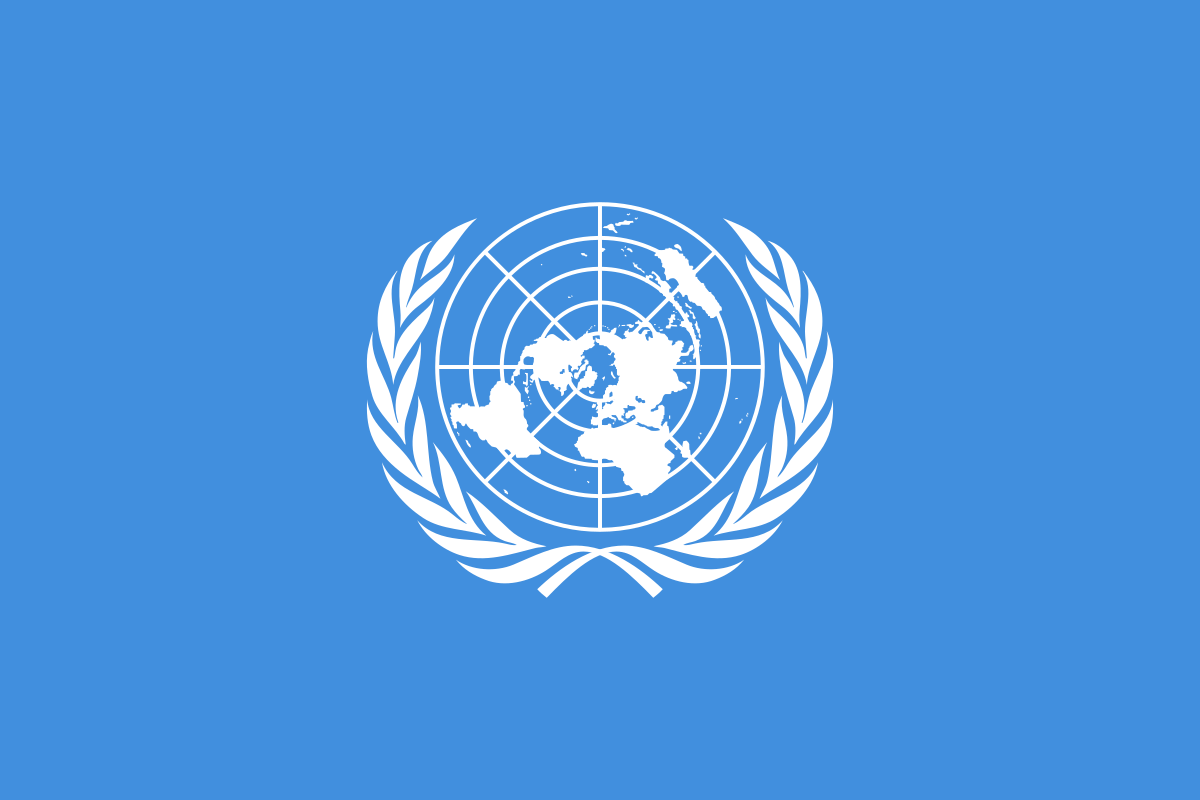Nigeria must raise education funding to 20% to achieve 2030 SDG target, according to the United Nations.
UN stated this at the launch of the ‘Reports of the Independent Country-Led Evaluation of SDGs-3 and 4 in Nigeria’ at the Presidential Villa, Abuja, on Thursday.
The reports were technically and financially supported by the Federal Ministry of Finance, Budget and National Planning; the Federal Ministries of Health and Education, with the support of the United Nations Children Fund (UNICEF) in Nigeria.
In his keynote address, Vice President Yemi Osinbajo said building the commitment and incentive necessary to prioritise and increase Basic Educational financing up to 12% at all levels was crucial.
He said: “The timing of the use of appropriated funds is also important. State government should take advantage of the UBEC matching grants by making the required contributions.
“Educational stakeholders are encouraged to develop and strengthen coordination mechanisms that can help tighten the collaboration with information sharing between federal and the state on the one hand, and non-state actors on the other hand.”
The Vice President noted that with the adoption of the agenda and the SDGs, Nigeria has set for itself a vision to end extreme poverty and to safeguard our planet by the year 2030.
According to him, achieving inclusive sustainable development is an objective that aligns closely with the present administration’s desire to bring the 100 million people out of poverty in 10 years.
He explained that it is for this reason that the federal government established a number of programs to support the acceleration of the achievement of the SDGs.
Osinbajo assured that the federal government will continue to promote strong partnerships and facilities amongst ministries departments and agencies, and between development departments also for coordinated implementation for SDGs in Nigeria.
The United Nations (UN) Humanitarian Coordinator in Nigeria, Matthias Schmale, warned that Nigeria might not achieve the global agenda for universal inclusive and equitable basic education for all school-age children by 2030, if the current 7% budget for education was not upped to 20%, with clear accountabilities on delivery.
Schmale said Nigeria is the first country to conduct and deliver independent comprehensive evaluations of SDG-3 and SDG-4, and that the reports showed how quickly the government had established robust institutional monitoring and support frameworks at the national and sub-national levels to support effective SDG implementation across the country.
Schmale, while commending the efforts of Princess Adejoke Orelope-Adefulire, Senior Special Assistant to the President on SDGs, said the two reports pointed to the importance of significantly increasing public spending in both health and education services.
In her opening remarks, Senior Special Assistant to SDGs, Adejoke Orelope-Adefulire, said effective implementation of the SDGs required periodic evaluation to ensure progress measurement, generate knowledge and inform policy shift.
She said the evaluation on SDGs 3 and 4 had been prioritised based on Nigeria’s national development priorities as embedded in the Economic Recovery and Growth Plan (ERGP -2017-2020).
Deputy UN Secretary General, Amina Muhammed, said by the reports, Nigeria recognised that health and education were cornerstones for sustainable and equitable development.
She said the report was also very timely as the recommendations on education aligned with the focus areas of the transforming education summit, including on inclusive and equitable education, especially for our girls, Safe and Healthy Schools, foundational skills, and lifelong learning, digital skills and education financing.

 Join Daily Trust WhatsApp Community For Quick Access To News and Happenings Around You.
Join Daily Trust WhatsApp Community For Quick Access To News and Happenings Around You.


